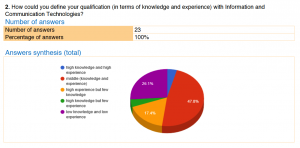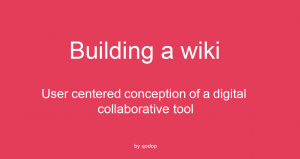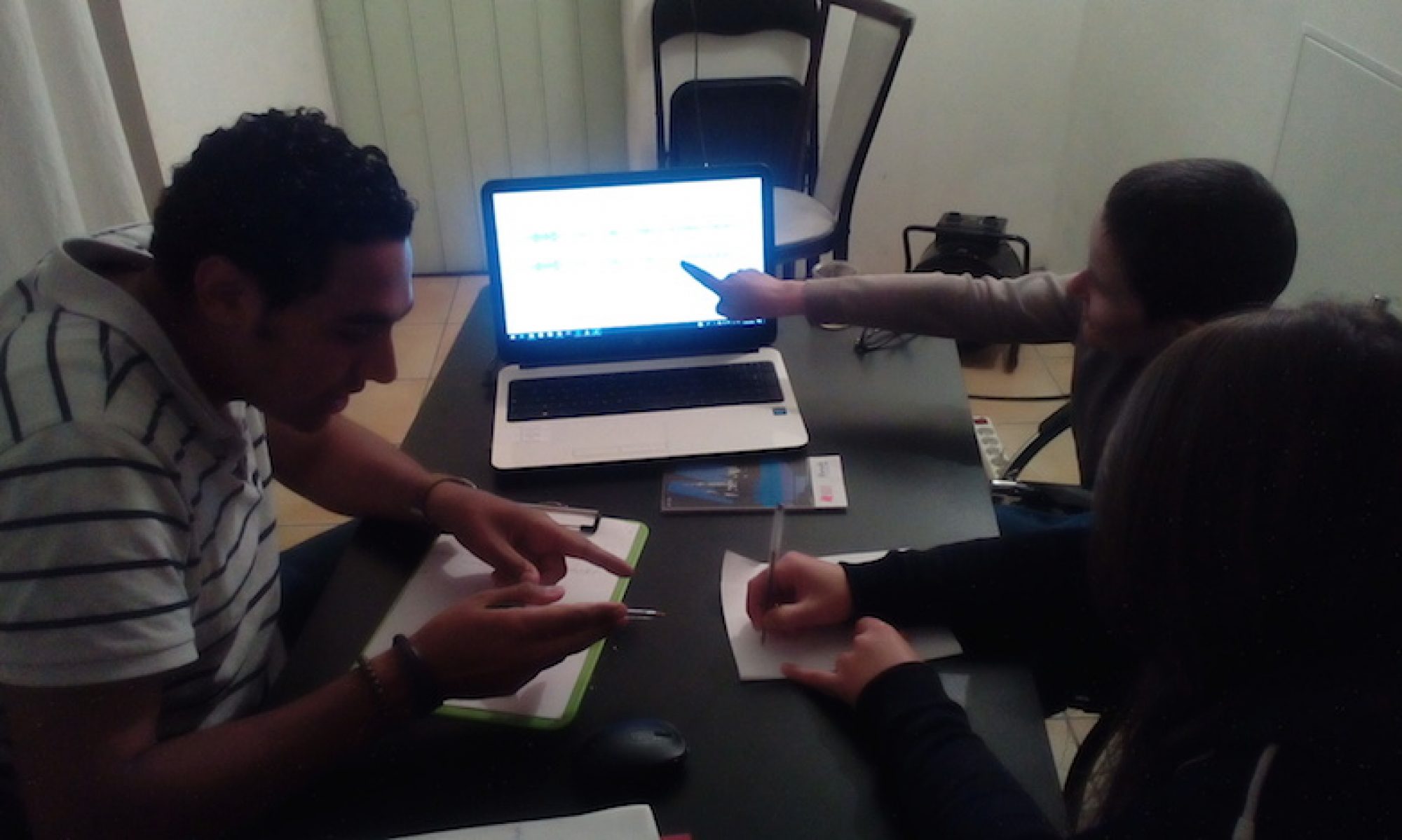This project is mainly dedicated to an exchange of good practices, e.i. methods related to digitalisation and to be applied in adult education.
The colleagues documented them as didactic parts of our project’s Wiki. Please find them below the wiki contributions.
In addition, short videos were produced to give impressions of some project activities. The project participants also asked adult learners what do they think about digitalisation, ‘smartisation’ (from smartphone to smart city), digital maturity, new ways for democracy in times of hacking, surveillance, online campaigns, the structural change of the public sphere, and so on… See the summery below. Before creating the wiki, the partners collected some hints on the project’s issue. See also below.
Questionnaire among adult educators
Our first questionnaire was conducted to get an idea of the relationship to the digital transformation that the trainers involved in the project have.
23 persons have answered, hence it could not be statistically relevant, but it gives us a rather good picture of the kind of material they use and the level of familiarity with the digital tools they have, the uses they are making of them and the hopes and fears which the « digital future » nurtures in their mind.
The majority of the trainers (47.8 %) have positioned themselves as middle in knowledge and experience. We can notice that very few have answered that they have a high knowledge of the Information and Communication Technologies. So we can say that the respondents have rather good skills in using the tools, but they don’t not know exactly how these technologies are developed and what stands behind (commercial strategies, societal choices).

Concerning the uses, we see that they are predominantly using the tools to work and communicate, but also to get informed (read and watch the news). Programming and video games are not very widespread inside the panel.

They is a high motivation to know more about the overall digital transformation. If we look at the particular answers, we see that people are curious on the future developments and want to take part and to improve their knowledge and their skills, but they are at the same time anxious about the changes that are to happen because of the digital transformation. There are also concerned about global surveillance and the deployment of social ranking systems. On the other hand, some of the respondents express their belief that the new digital technologies can be used in improving working conditions and promoting democratic participation.

Future 4.0. Digitisation of Economy and Society. A Challenge to Labour and Society
During the project “Mind-opening to Economy. Creative Approaches to Economic Literacy” developed colleagues from Prague, Tartu/Estonia, London and Berlin information on the subject of digitalisation. It contains an introduction to the history of industry 1.0-4.0, technological aspects (like artificial intelligence and algorithm, robotics, 3D printing), impacts on society, the political framing of the developments and the role of education. Moreover, the material also encompasses exercises and games for trainers in adult education.
Digitalisation, a broad topic
Find here a list of articles, videos, teaching material, information on digitalisation reflecting the topic from different points of view.

facebook container, a tool which helps
Those users who work with firefox and experienced virus attacks after posting on Facebook can enjoy an easy tool provided by Mozilla to prevent any negative impact of this social medium: the facebook container add-on. It also hinders Facebook tracking.

User centered design method
During the transnational project meeting in Paris from 3rd to 5th July 2019 gave Renaud Bessiers from qodop an introduction to the user centered design method. It is a marketing instrument but gives useful inspiration for European adult education. It is up to us to adopt and modify it, creatively. See the full presentation of R. Bessiers and the method’s description. All is published under creative commons.

Picture: Thom, unsplash.com

